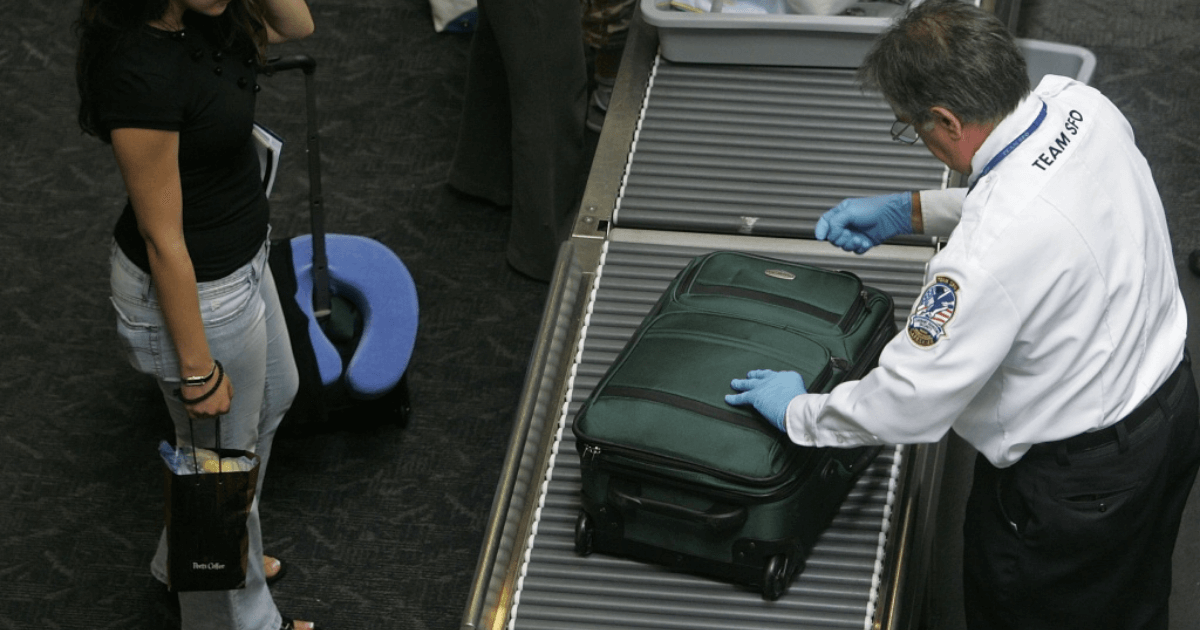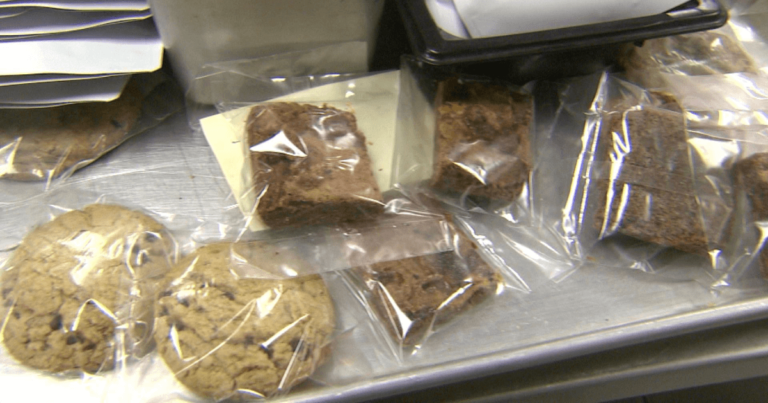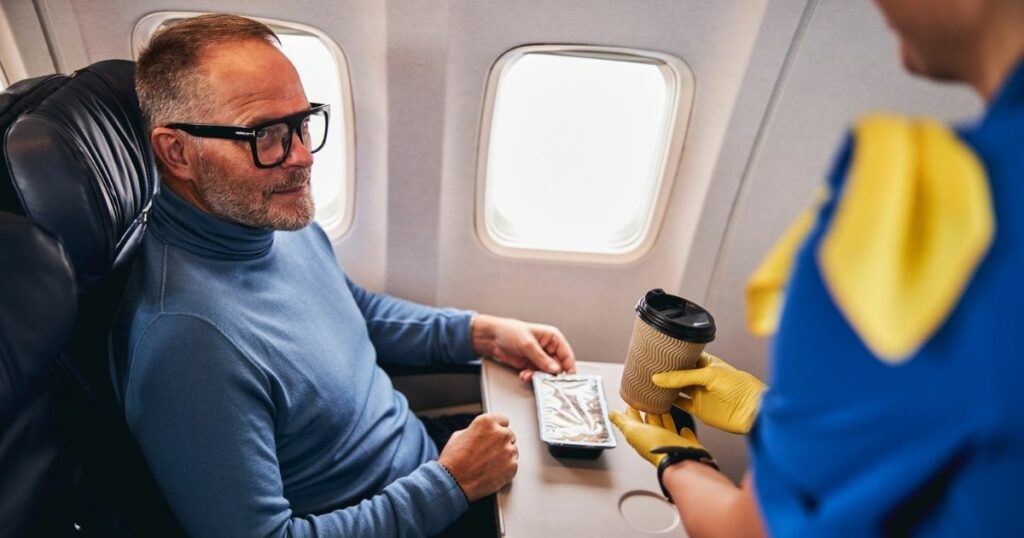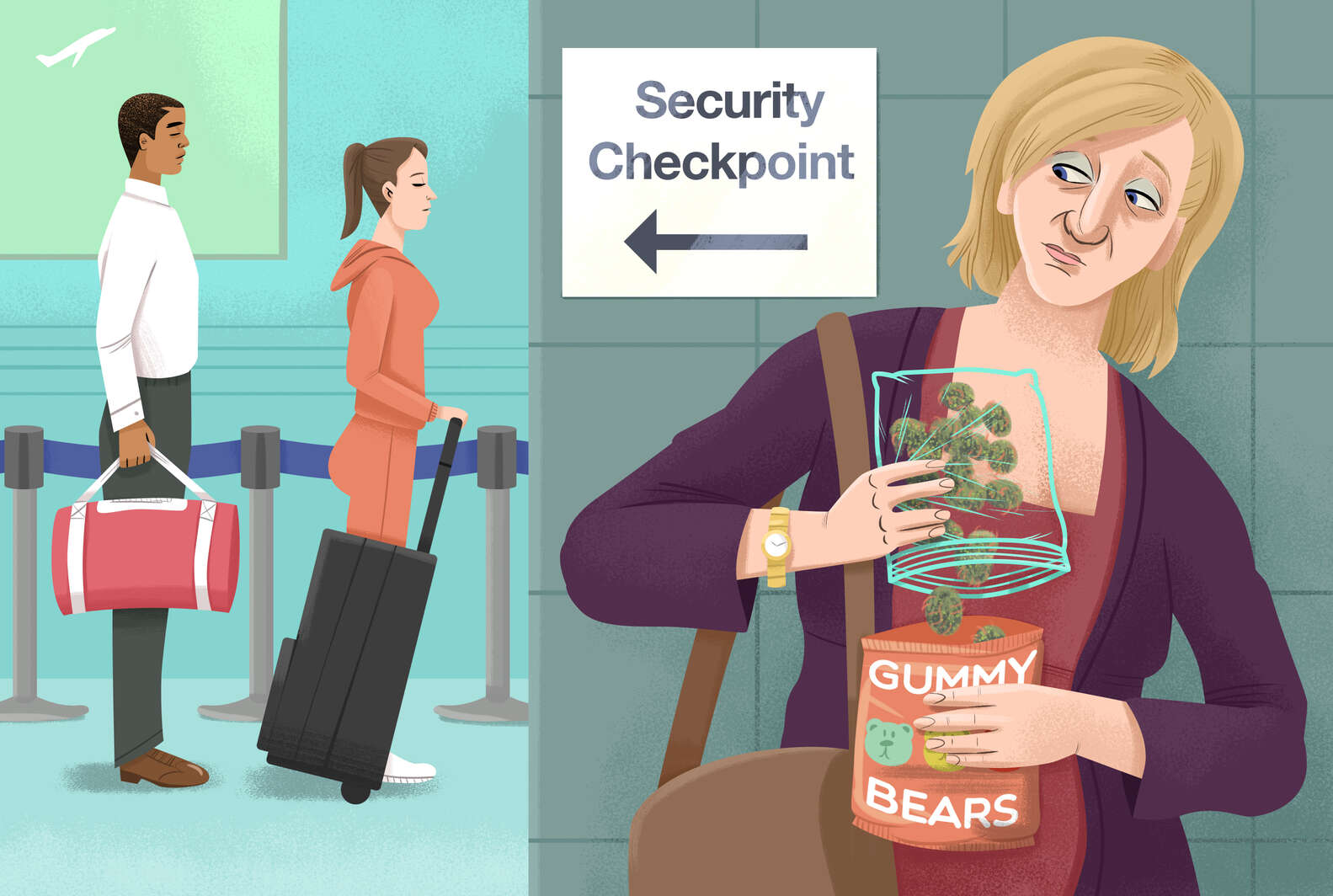Can You Take Edibles On Plane

Breaking: Confusion and concern are soaring as travelers grapple with the legality of transporting edibles on airplanes. Federal and state laws clash, creating a gray area that could lead to serious legal repercussions for unsuspecting passengers.
This article breaks down the complex and often contradictory regulations surrounding edibles in air travel, providing essential information for anyone considering flying with cannabis-infused products.
Federal vs. State Law: A Confusing Landscape
The core issue stems from the conflict between federal and state laws. Federally, cannabis remains a Schedule I controlled substance, meaning it's illegal to possess or transport it, regardless of state laws.
The Transportation Security Administration (TSA) is a federal agency. TSA's focus is security, not drug enforcement.
Their official stance is that they are looking for threats to aviation. However, if TSA discovers edibles during screening, they are obligated to report it to local law enforcement.
What Does TSA Say?
TSA's website states that officers are required to report any suspected violations of law to law enforcement. This includes the possession of cannabis, even in states where it is legal.
According to TSA spokesperson, "TSA’s focus is on security to detect potential threats to aircraft and passengers. If during the security screening process, an officer discovers an item that may violate the law, TSA will refer the matter to law enforcement.”
State Laws and Air Travel
Many states have legalized medical or recreational cannabis. This creates a complex situation when traveling between states with differing laws.
Even if edibles are legal in both your departure and arrival states, you are still subject to federal law during air travel. This is what makes the situation risky.
Risks and Penalties
The consequences of being caught with edibles on a plane can vary. It depends on the local laws and the discretion of law enforcement.
Passengers could face anything from a warning and confiscation of the edibles to arrest and prosecution. Penalties for drug possession can include fines, jail time, and a criminal record.
Legal experts warn that ignorance of the law is not a valid defense. Claiming you didn't know it was illegal to bring edibles on a plane will not protect you from prosecution.
Documented Cases and Incidents
While data on the exact number of arrests for possessing edibles at airports is limited, anecdotal evidence suggests that incidents are on the rise.
Several news outlets have reported instances of travelers being detained and facing charges for attempting to bring edibles through airport security.
These cases highlight the potential risks involved and underscore the need for travelers to be fully aware of the laws.
Practical Advice for Travelers
The safest course of action is to avoid traveling with edibles altogether. Consider purchasing cannabis products legally at your destination, if possible.
If you must travel with medical cannabis, research both federal and state laws thoroughly. Obtain proper documentation, such as a medical cannabis card, if applicable.
Be prepared to present this documentation to TSA or law enforcement officers if questioned. However, remember that even with documentation, you are still subject to federal law.
Looking Ahead: Calls for Clarity
The ambiguity surrounding edibles and air travel has prompted calls for greater clarity and consistency in regulations.
Advocacy groups are pushing for federal lawmakers to address the conflict between federal and state cannabis laws. This is especially true as more states legalize cannabis.
Until federal law changes, the risk of traveling with edibles remains significant, and travelers should exercise extreme caution.
Ongoing Developments: Legal challenges to federal cannabis laws are expected to continue. The outcome of these challenges could significantly impact the future of cannabis and air travel.
Stay informed. Consult with legal professionals before traveling with any cannabis products to understand the potential risks and your rights.


















